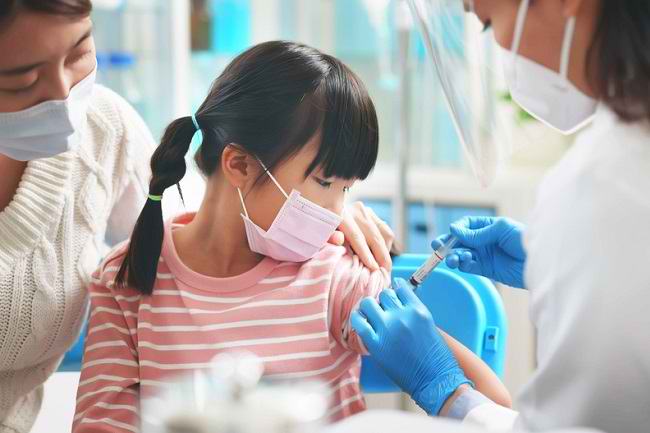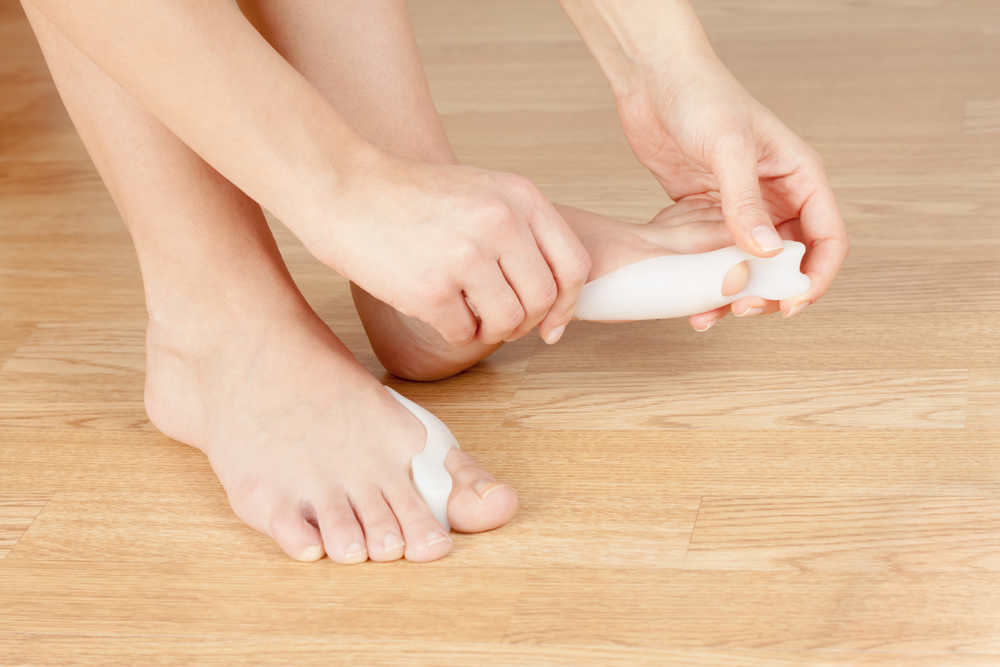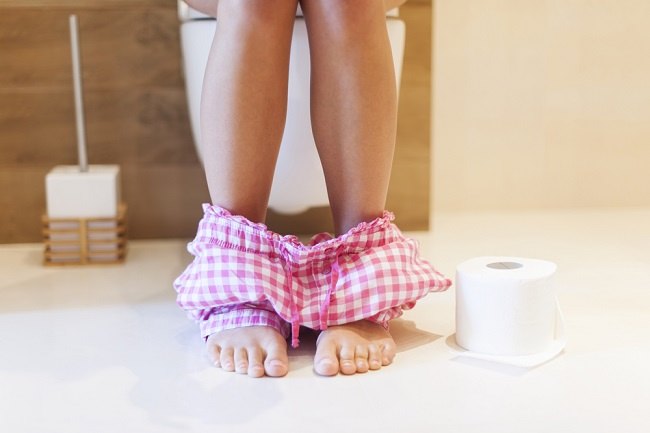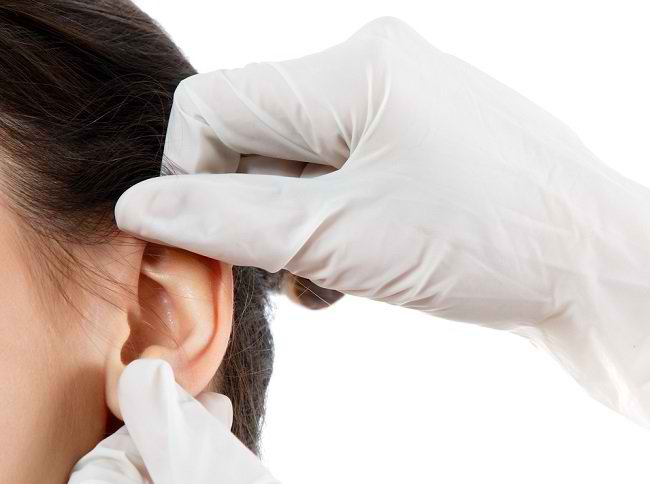Usually babies can pee and change diapers up to six times per day. In certain conditions or at certain times, babies become less frequent pee. What exactly causes babies to pee less often?
Baby's bladder can only hold about 30-40 ml of urine, so if the baby is still drinking well, he will pee quite often, about every 1-6 hours. If your little one doesn't pee or the diaper isn't wet at all for a whole day, you need to pay attention to this condition further.

Causes of Babies Rarely Peeing that Mothers Need to Know
Infrequent urination in infants is not a condition that can be taken lightly. Because the frequency of urination is closely related to the condition of the urinary system. Urine or pee issued by the baby is a residual substance that must be removed regularly.
Babies are called infrequent urination if the frequency of urination is less than 3 times a day, not urinating at all within 6 hours, or if the amount of urine is less than 1 ml/kg BW/hour. So if the baby's weight (BB) is 7 kg, he needs to excrete 7 ml of urine per hour. If the urine is less than this amount, the baby may have the following conditions:
Dehydration or lack of fluids
Dehydration is the most common cause of infrequent urination, especially in infants under 6 months of age. Dehydration can occur when the baby has a fever, diarrhea, vomiting, or vomiting. Dehydration conditions can be characterized by a reduced frequency of baby peeing, which can be seen by reducing the number of diaper changes.
In addition, dehydration can cause a number of other symptoms, including:
- Drowsy and sleeping longer than usual.
- Lazy to play or laugh.
- Mouth, tongue and skin appear dry.
- Eyes look sunken and tired.
- Crying without tears.
If your little one experiences the signs above, the first step you need to take is to increase the frequency of fluid intake. If your baby usually feeds every 3 hours, then do it every 30 minutes.
If your little one is over 6 months old, you can give him ORS, especially if he has diarrhea. But if your little one's condition doesn't improve and he's getting lazy to drink, it's recommended that you take him to the doctor immediately.
Disorders of the urinary tract
Urine produced by the kidneys needs to pass through the urinary tract, until it is finally expelled from the body through the urethra. The presence of disturbances in this channel, such as blockages, infections, strictures (the formation of connective tissue due to injury), or deformities, can interfere with the frequency of urination and the amount of urine the baby has.
If it is caused by a disturbance in the urinary tract, the baby's complaint of infrequent urination can be accompanied by a number of the following symptoms:
- Fever.
- Anyang-anyangan, often pee but only a little.
- Lazy to eat and more fussy than usual.
- Urine is thick, dark in color, and has a bad smell.
This condition cannot be underestimated and needs to be immediately checked by a doctor for treatment.
Kidney disorders
Kidneys are organs that function to filter and remove waste products through urine. When kidney function is impaired, urine production can decrease, so the baby looks less likely to pee.
Genetic factors, birth defects, infections, injuries, and certain diseases can cause kidney problems in babies. Therefore, if your little one does not pee at all or looks like he is peeing very little even though he is drinking enough, and his body looks swollen and his skin looks pale, immediately consult a doctor, yes.
It is important for mothers to regularly check and change baby's diapers. The diaper should be a little wet, a little heavier, bloated, and smell like urine when the baby pees. Now, if you don't find this even though you have given enough fluids, take your little one to the doctor for an appropriate examination and treatment.









